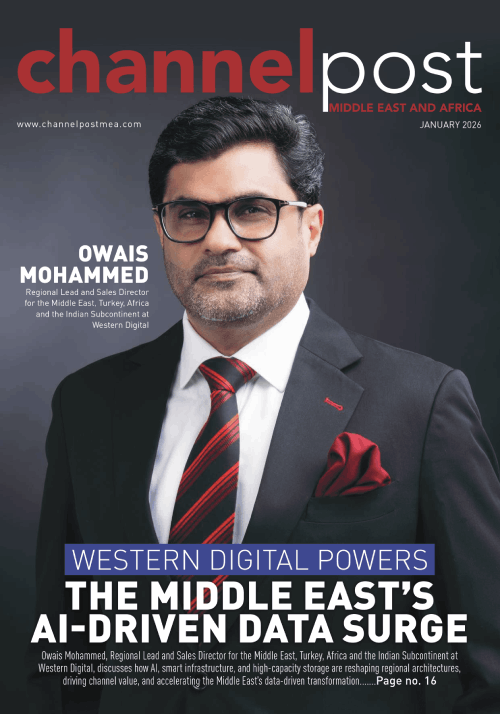
Microsoft Corporation has joined the World Intellectual Property Organisation (WIPO) in recognising World Intellectual Property (IP) Day, an event that calls on the IT industry, governments and consumers to speak out about the importance of IP rights. Strong IP protections are central to instilling a culture of innovation, which can spur economic growth, create jobs and increase revenue for the broader industry and government organisations. World IP Day was observed on April 26, 2011.
Microsoft believes that the global arena needs stronger IP protections in place to safeguard the industry’s ability to innovate, level the playing field for small businesses, and help local governments generate tax revenue through the legitimate sale and trade of genuine software.
According to a study commissioned by the International Chamber of Commerce in 2011, the global economic and social impacts of counterfeiting and piracy will reach US$1.7 trillion by 2015 and put 2.5 million legitimate jobs at risk each year. Conversely, the economic rewards for countries that strengthen IP protection and reduce piracy are substantial. According to an economic study by the Business Software Alliance, a reduction in the worldwide piracy rate by 10 percentage points in four years would create $142 billion in new economic activity and add nearly 500,000 new high-tech jobs around the world.
Jawad Al Redha, Business Software Alliance Chair in the Gulf Region, says, ensuring protection of intellectual property is vital to fostering innovation, maximising job opportunities and contributing to overall economic growth. “In the Gulf countries the governments have stepped up their efforts to curb software piracy and protect IPR, in coordination with local authorities and the industry, which is gradually bringing about positive results.”
Not only is strong IP protection economically beneficial, but consumers are demanding that the industry and governments take a stand against non-genuine software.
In a 2010 Microsoft-commissioned consumer perception survey of 38,000 consumers in 20 countries, nearly three-quarters of consumers wanted the industry and government to do more to protect them from risks associated with non-genuine software, including identity theft and virus attacks.
By a three-to-one margin, consumers agreed that non-genuine software is not as safe to use as genuine software, and respondents named data loss and identity theft among their top concerns. “Consumers and legitimate businesses are asking us to take action and reduce the risks that non-genuine software exposes them to, and we are 100 percent committed to helping them,” says Dale Waterman, Microsoft’s Corporate Attorney for Anti-Piracy in the Middle East and Africa. “Microsoft invests heavily in technologies, education and enforcement programs to make software piracy more difficult, and we will continue to push for effective IP regulations on behalf of consumers and businesses.”












